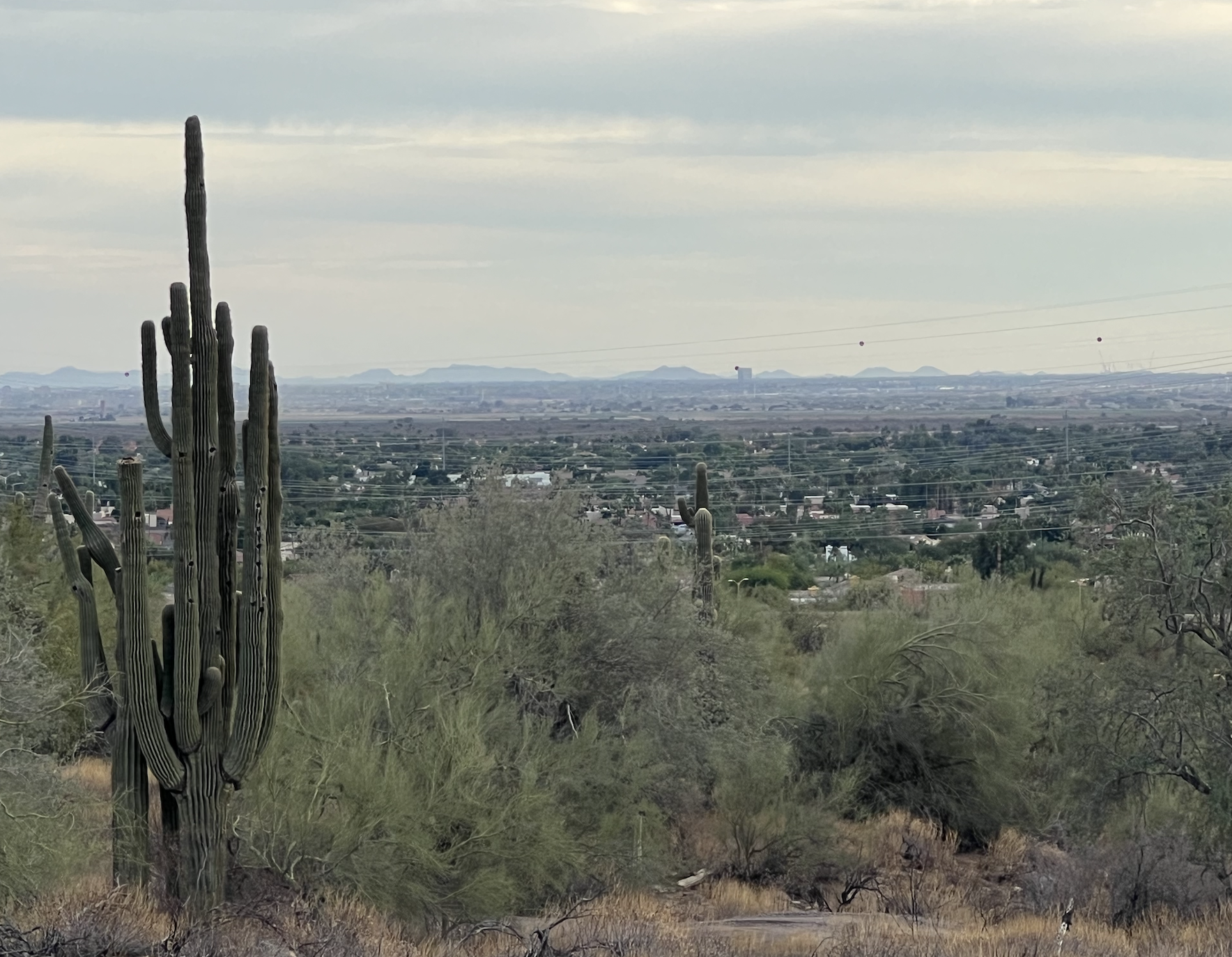I recently co-hosted a world cafe and on-going conversation space at an assembly of over 1,300 Jewish Day-School leaders. I met today with people in the calling and convening group, Partnership for Excellence in Education (PEJE), as well as co-hosts from the Art of Hosting community of practice — Maria Scordiolas, Sarah Whitely, Teresa Posakony, and Cynthia Lyon. Today’s call was a focus on harvesting. What to do with the notes and piles of post-it notes that contained bold ideas about the issues of affordability and leadership?
This is a good challenge and opportunity to learn. It is too easy to default to typing up notes, creating a large report or manual that is a lot of work, yet holds little life. And to learn when those kind of reports are helpful.
I learned much with this wonderful group. I was particularly interested in the principles that I heard the group of nine of us speaking today. They inform a next level for me of framing a harvest to make it helpful. They inform me of the underlying energy of harvest, rather than just the volume.
– Work with the processes you have — often their are already channels with which to make visible the new learning
– continue in beauty — it is beautiful to see people engaging and creating. It is beautiful to continue in this energy with harvest
– experiment with another way — there is always another way
– stay in the pursuit of wiser action — this grounds the process, this belief that our actions can also be something else. Our relations feed wiser action.
– must marry content to process — process by itself is interesting but not sustainable
– for a field to hear, it doesn’t need all to hear each person — this is such an invitation to train to listen for patterns rather than volume
– welcome the simple — often more sustainable — and not to be confused with reductive
– questions give us entry — so often I have seen in myself an others a kind of apology that the outcome is questions rather than answers. Questions can be such gifts to keep us in our most imaginative selves in concept and action.
– story is a medium for learning – what is done and what is starting to be imagined — such richness to tell stories with each other, and to gift each other with directly applicable insights from seemingly unrelated contexts
– imagining is required
– support self-organize (name, connect, nurture, illuminate) — you can’t really manage large systems in the old ways. But you can support conditions for emergence to occur, and with deliberateness
– integrate assembly to PEJE and field
– support conditions for self-organization
– notice what is different in participating from representing — another zinger here. To participate is to create. So often, representing is to present, even perform. Creation is far more impactful, and a principle of living systems — people support what they create.
– let the transformation of the assembly transform PEJE — our work in systems, in the outer happens simultaneously with the inner
– doesn’t matter where ideas come from — training into the voices that speak the clarity of the system
